Canadians have access to three main types of coverage for their prescription needs. They may be able to access Government-funded programs, such as the Alberta Non-Group, etc., individual health insurance, “personal” insurance, or employee group benefit plans offered through their work.
Generally speaking, drug coverage from employee benefits is less restrictive than individual programs and is not subject to “pre-existing” conditions.
Subject to pre-defined exclusions, an eligible pharmaceutical must:
- Be prescribed by a physician, dentist or psychiatrist.
- Be medically necessary.
- Have an associated DIN (Drug Identification Number).
Depending on the plans definitions for coverage, though the drug may meet the definition above, they may still be excluded from coverage.
- “Lifestyle” drugs such as smoking cessation aids, fertility, weight loss and contraceptive drugs.
- New drugs that have just been approved for public use (i.e. just out of clinical trials).
- Brand name drugs if there is an equivalent generic drug.
- Over-the-counter medications.
- Medical marijuana is not (yet) covered by personal health insurance plans; however, there are some employee benefits plans that do offer some coverage for marijuana that is prescribed by a physician.
However, the following drugs are never covered by private health insurance:
- Medications that are not prescribed (e.g. over-the-counter drugs).
- Medicines administered in a hospital (these are covered by your provincial healthcare plan).
- Prescription drugs that do not have a DIN number.
A Drug Identification Number (e.g. DIN) is an eight-digit identification number assigned by Health Canada to all drugs sold in Canada, including prescription drugs. This number provides information such as the drug manufacturer, the name of the drug, active ingredients, etc. The DIN is always displayed somewhere within the drug container’s label and would list on the receipt from the pharmacist.
Generic Substitution
Many health insurance plans will not cover the costs of a proprietary, brand-name prescription drug if there is a generic, equivalent drug available. (Note that generic drugs are substantially cheaper compared to equivalent brand-name prescription drugs.)
Specialty Drug Coverage Programs
Each province in Canada has its own specialty prescription drug programs which tend to be for either senior citizens or low-income families.
Disclaimer: Please note that the information provided, while authoritative, is not guaranteed for accuracy and legality. The site is read by a world-wide audience and employment, taxation, legal vary accordingly. Please seek legal, accounting and human resources counsel from qualified professionals to make certain your legal/accounting/compliance interpretation and decisions are correct for your location. This information is for guidance, ideas, and assistance.





